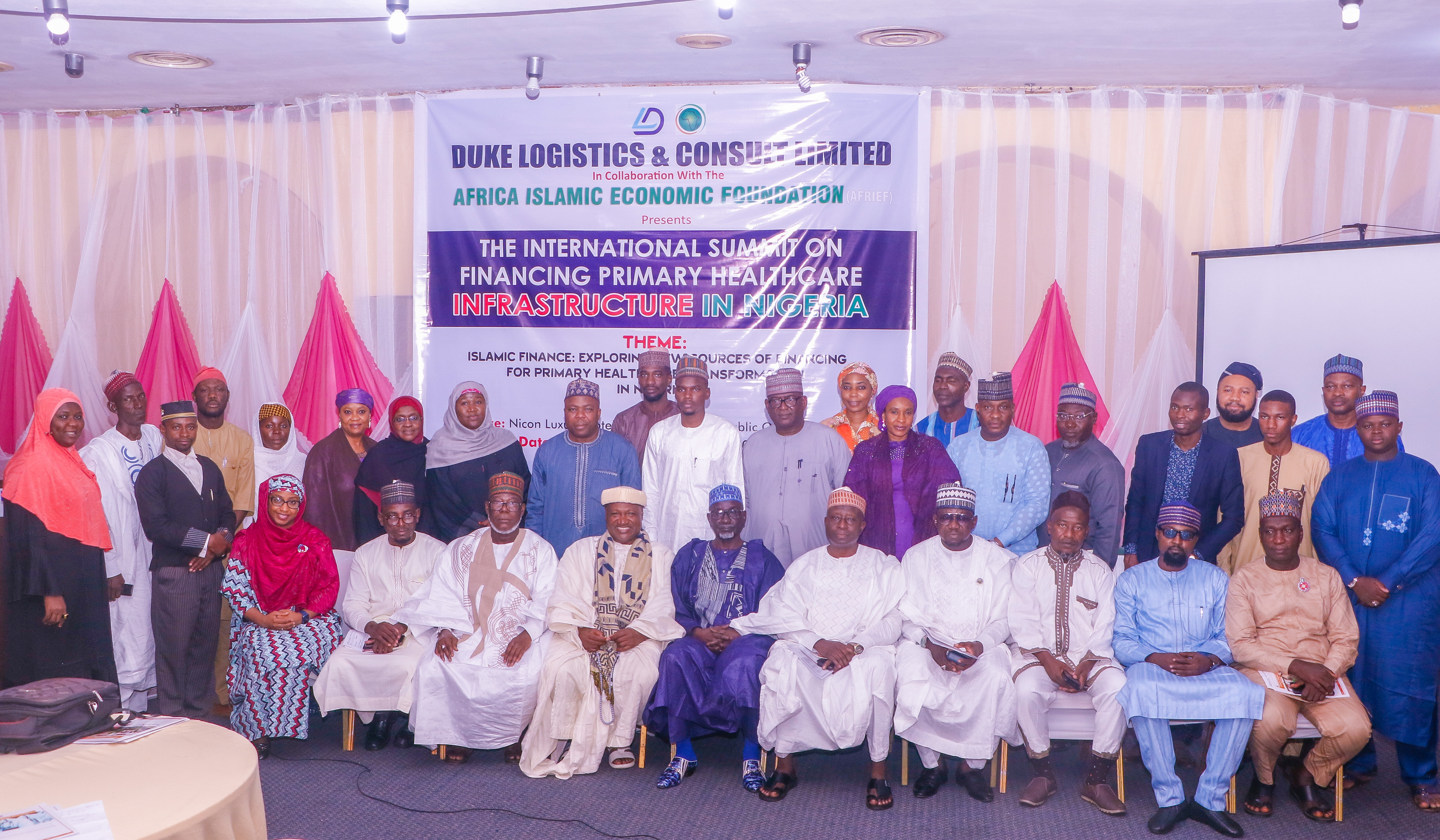It may not feel like it, but with Omicron, the new Covid variant, we need to count our blessings.
Omicron has been detected — and may have first arisen — in Gauteng province, South Africa. There have only been a few hundred cases detected, so it’s hard to say much about it with any real certainty. But it appears to be more transmissible and there are concerns that immunity, whether from vaccination or prior infection, will be less effective against it. There have been, as I write, three cases detected in the UK, and there are real (and justified) fears that we are heading once again into a lockdown Christmas. But nonetheless, we have been very lucky.
We mustn’t forget that the virus is constantly mutating. Every time it copies itself, there is a chance that it will make some minor error. Most of those mutations either have no effect or make it less effective at spreading. But every so often one will improve it: perhaps make it harder for the immune system to see, or make the virus quicker at copying itself.
The other new variants, notably Alpha and Delta, had several mutations, but Omicron has dozens: around 50. And 10 of them are on the bits of the “spike” protein on the virus’s surface which bind with our cells — the “receptor binding domains”. Sir Jeremy Farrar, the director of the Wellcome Trust and former member of SAGE, tells me that these are exactly the kind of mutations which virologists have been expecting and dreading: “It’s biologically plausible that they will drive higher transmission. They’ve been identified before as ones we should be really careful about.”
So far, it doesn’t sound very lucky. But in one mutation, Omicron has been kind to us. Like Alpha before it, it has a particular mutation, 69-70del, two missing RNA letters in its genome — part of the “S gene” which codes for the spike protein. By happy chance, those missing letters are at one of three places that many PCR tests look at.
What it means is that if a PCR test comes back positive on two out of its three areas — if it has an “S-gene dropout” — then you can be pretty sure you’ve got one of the variants. It means that Alpha last year and now Omicron can be tracked pretty effectively, just with PCR testing: even without sequencing the genomes, you can see where these S-gene dropout results are happening and it’ll give you a good idea of how the variant is spreading.
“It’s a complete gift that the S-gene dropout hits this variant,” says Ewan Birney, the deputy director-general of the European Molecular Biology Laboratory. If it didn’t, we would have much less of an idea where Omicron is. (We’ve actually been lucky twice. If Delta hadn’t replaced Alpha, then the S-gene dropout wouldn’t have told us anything, because both the circulating variants would have had it.)
So far, so good. But is the new variant more transmissible and/or more able to bypass our immunity, whether from vaccines or infection? And is it more or less dangerous to people who catch it?
These are hard questions to answer, because at the moment, we only have data from South Africa, and South Africa’s population is tricky to compare with ours. It’s younger, for a start — the median South African is 26-years old, while the median Brit is 40. It’s also much less vaccinated: somewhere around 75% of Britons have been double-jabbed, while barely a quarter have in South Africa (which is, to my surprise, more to do with uptake than supply). It has also had far fewer confirmed cases per capita.
That said, we can make some guesses. When a new variant emerges, it’s difficult to tell whether it has spread because it is better at spreading, or because it happens to have arisen in a convenient place. Imagine a virus which happened to mutate into a new variant in someone who was about to go to a major conference. It might infect hundreds of people and show up all over the country, but it wouldn’t be because it was any more transmissible — it was just that it got lucky.
With Omicron, this seems unlikely to be the case. Thanks to the S-gene dropout, we can see that it’s spreading faster than you’d expect. Farrar says that “there has been a clear upswing of transmission in Gauteng, which seems to be driven by the variant”. “It probably can outcompete Delta,” says Babak Javid, an immunology lab director at the University of California San Francisco, “although by how much is still up in the air.”
Is that because it’s better at spreading in general, or because it can evade immunity? So far, we don’t have the data to say for sure. Soon, we’ll start to get results from laboratory studies, and later from epidemiological observations, but Rupert Beale, leader of the Cell Biology of Infection lab at the Crick Institute, thinks it’s “a few weeks before we get useful information, and the other side of Christmas before we know anything definitive”.
But on the plus side, antibodies aren’t the only part of our immune system. We also have T-cells, which are less easily fooled by mutations. To oversimplify, antibodies stop you getting infected in the first place, but T-cells stop you from getting very ill. So Javid and Birney think it is plausible that Omicron will spread quite easily among vaccinated and/or previously infected people, but will be less likely to kill them or make them severely ill.
There has also been speculation that Omicron is inherently less deadly to people with no pre-existing immunity. That’s not impossible, but everyone I spoke to said that any definitive conclusions are premature. “The speculation is extremely uninformed,” says Beale. “We just don’t know until it gets into a more vulnerable population, which sadly it seems it’s likely to. We can hope it’s less pathogenic, but it’s foolish to make that assumption.”
So it might be better at spreading, and able to escape our immunity to at least some degree; and while it’s theoretically possible it might be less deadly, that’s certainly not a proposition we want to put any weight on. The question is: what should we do, and are we facing a second bleak Covid winter?
The pandemic should have taught us that acting early is usually better than acting late, and that preparing for worst-case scenarios is important. It’s like chess, says Beale: “You play your moves in the most flexible order.” If we assume it’ll all be OK, we might be right, but if we’re wrong, we’ll end up with Omicron spreading all over the place. Whereas if we assume it’ll be pretty bad, we can always open up again later on.
I’ve seen a lot of people, some of them very sensible, suggesting that there’s no point closing borders to South Africa because variants will get through anyway, and that it’s just punishing countries for doing good surveillance. But I think they are wrong.
Yes, the variant will get through, if it hasn’t already. Farrar points out that it was first identified on 11 November, and its sequence suggests that it had already been circulating for some time before then. “I think it may already be on every continent,” he says. But that doesn’t mean that there’s no point in trying to reduce its spread. “Border closures might buy you a little time.” Birney agrees: “Shutting the borders until we understand it, minimising the seeding events, is a good rational move.”
It’s true that there’s a risk of punishing countries for responsible surveillance, but I don’t see what the alternative is — pretending that they don’t have lots of Omicron circulating? Perhaps the thing to do is also put restrictions on countries with poor surveillance.
Because “buying a little time” might be important. If nothing else, it gives us time to understand it: if Omicron is highly virulent and vaccine-resistant, then our best response will be rather different to what it would be if it isn’t. It also gives us a chance to get more boosters in arms and to stockpile antiviral drugs.
All the same arguments apply to other non-pharmaceutical interventions, such as introducing vaccine passports or asking people to work from home if possible. But there are other things Britain can do, too.
One thing is to hugely increase our vaccine manufacturing capacity — something which would be good for us and for the world. Rolling out children’s vaccines and booster jabs faster wouldn’t hurt. One scientist I spoke to suggested making antiviral meds available by post when people get a positive result: “They need to be given quickly to have a good effect, so you can’t rely on GP appointments. You need to link them to Track & Trace”. Cheaper, quicker PCR testing at airports would help.”
But while those measures are important, they’re not addressing the root of the issue. For Farrar, the emergence of Omicron is just another reminder that we need to vaccinate the world, not just the rich world. “There’s been political drift for months now, in terms of access to vaccines,” he said. “The rich world thought it was over, so they’ve been kicking it into the long grass.” Variants like Omicron will continue to arise until the world has a decent level of immunity.
We’ve been lucky, with Omicron. But it may well still end up becoming the dominant strain, just as Delta did before it. If it doesn’t, then another one will come along. And it will be “incredibly disruptive”, says Farrar: “Everyone’s putting restrictions in.” Certainly, to avoid another lockdown Christmas, we need to act now.
But if we want to be sure we don’t have another one next year, we need to get this pandemic behind us — and that means billions more doses of vaccine, distributed around the world. We won’t always be so lucky
Courtesy: UnHerd





 TRENDING11 months ago
TRENDING11 months ago
 PROFILE8 months ago
PROFILE8 months ago
 BUSINESS & ECONOMY3 years ago
BUSINESS & ECONOMY3 years ago
 BUSINESS & ECONOMY3 years ago
BUSINESS & ECONOMY3 years ago
 BUSINESS & ECONOMY3 years ago
BUSINESS & ECONOMY3 years ago
 HALAL ECONOMY10 months ago
HALAL ECONOMY10 months ago
 BUSINESS & ECONOMY3 years ago
BUSINESS & ECONOMY3 years ago
 BUSINESS & ECONOMY2 years ago
BUSINESS & ECONOMY2 years ago



